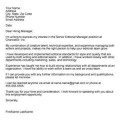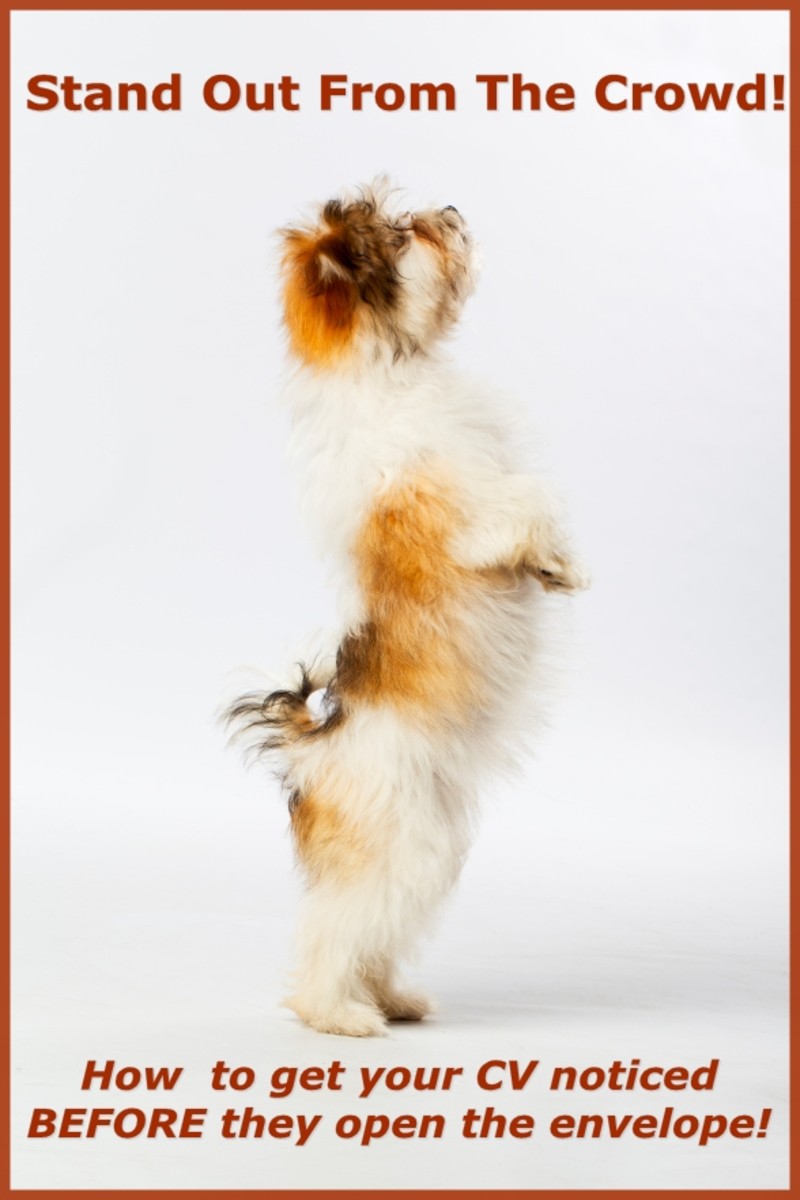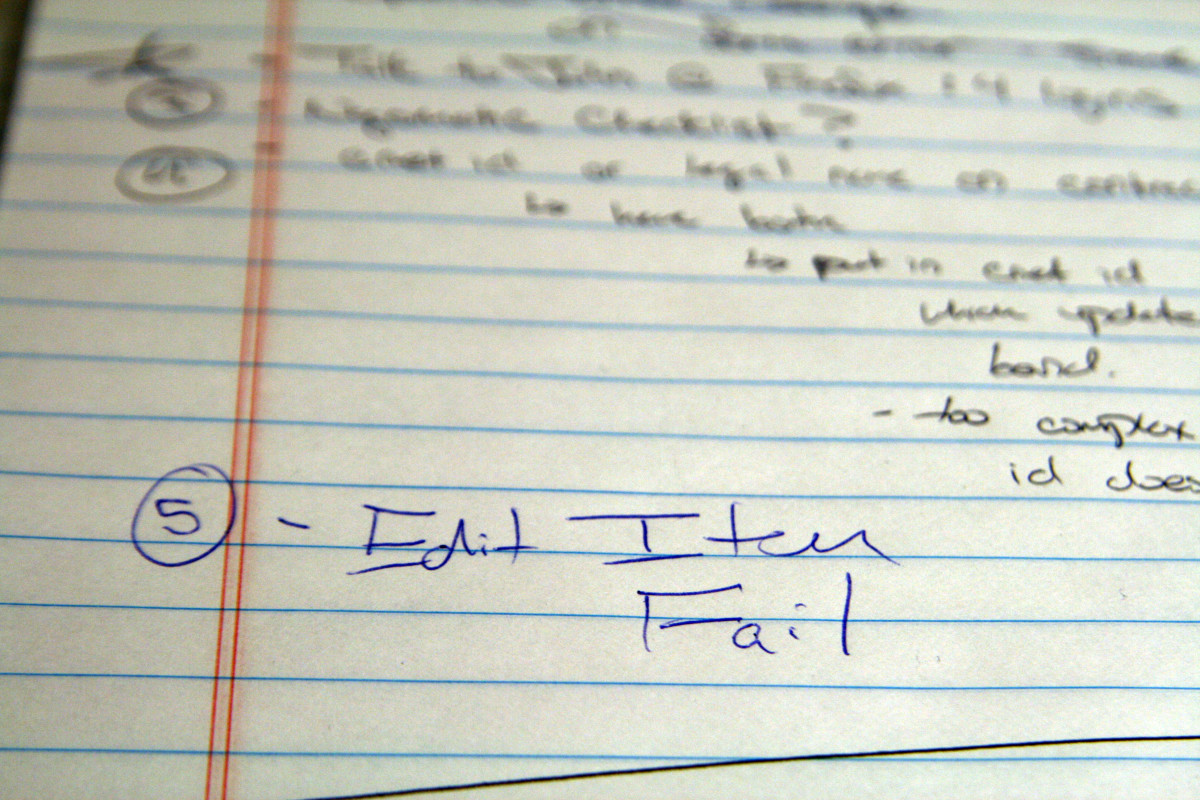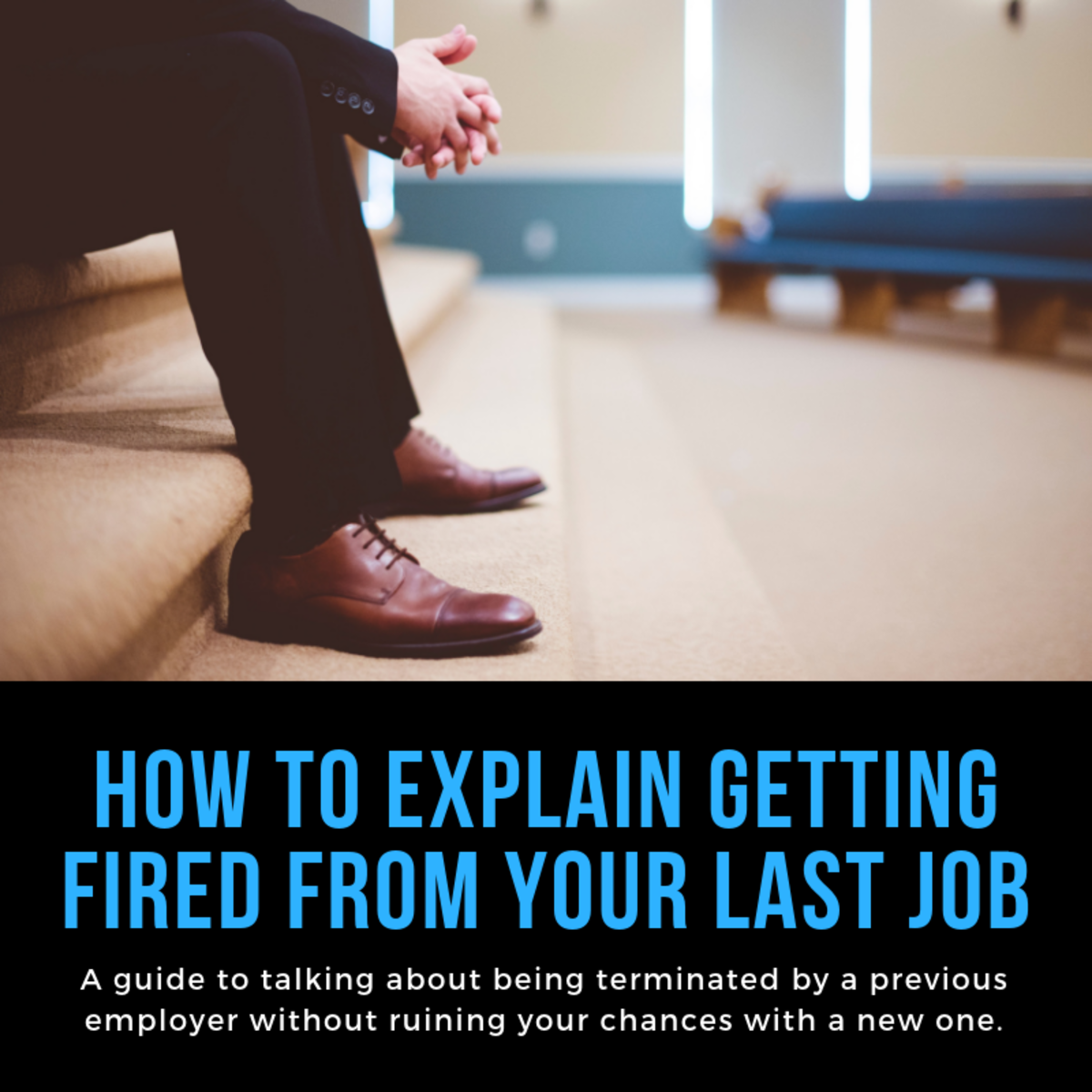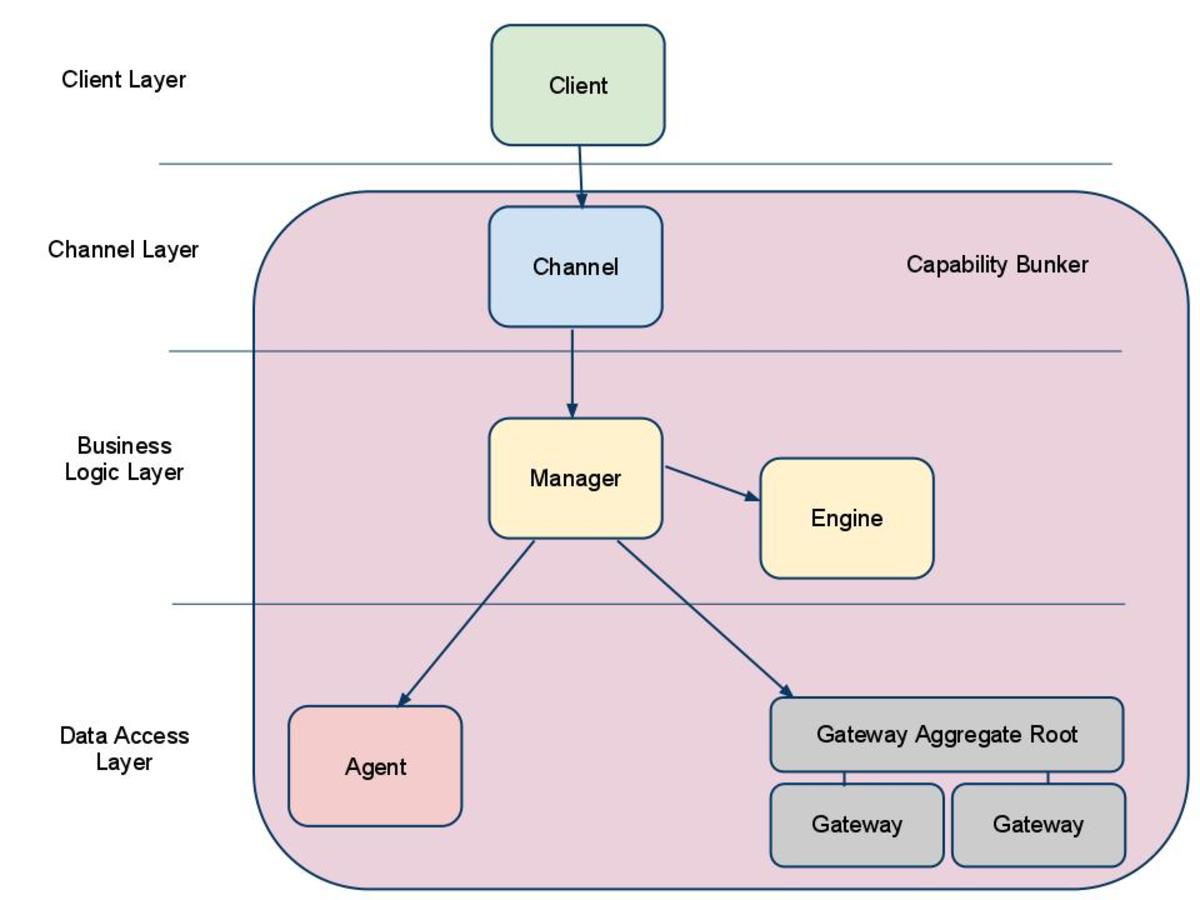Tips for Teens on How to Land Your First Job

It's a Resume, Not a Text!
A resume or a job application should be filled out legibly and completely. It's not the place to use texting-style shorthand, or to forget about punctuation, grammar and basic good English practices. For example:
Past Job Experience: wrkd 4 BK pt as a frosh. i wrkd the fryr n cleand up.
A hiring manager may understand that you once worked for Burger King part-time during freshman year, and that you made french fries and were part of the cleaning crew, but why make it difficult? With perhaps dozens of job applications to sort through, the following might work better:
Past Job Experience: Burger King, September 2011-June 2012. I worked part-time during the school year while keeping a 3.7 GPA. Responsible for working the fryer and cleaning the restaurant.
How Teens Find Jobs
Maybe it seems like everyone you know can't get a job. Before giving up, take a closer look and make a list. Who in your circle of friends has a babysitting gig? Does anyone work for a parent or relative? Do you know anyone in the neighborhood with a fence that needs painting, or a car that needs washing? Who do you know works in fast food, in an office, at a small business?
There are any number of ways to find work, and it takes a bit of effort to find the right job. Approach the job hunt with single-minded purpose and dedication and you too can join the ranks of the gainfully employed. Here are some tips to get you started:
Tip 1: Make a list of everyone you know who has a job, then follow up by asking them if their place of employment is hiring. Friends can go a long way in putting in a good word for you, especially if the boss thinks highly of them. Bottom line - sometimes, it's who you know.
Tip 2: Make a resume. A resume sets you apart from everyone else who is applying for the same job you are. A resume is the professional face of the applicant and tells a hiring manager things about you that an application may miss. Think of the application as the fact-stating part of who you are as a job seeker, and the resume as the focused, achievement-oriented part of who you are. Even if you have no previous job experience, a resume can make you stand out by noting your work objective, your community service hours, and your academic achievement.
Tip 3: Apply for everything. If there is a business you'd like to work for, go in and ask to fill out a job application. Not every job is advertised, and it doesn't hurt to ask if there is anything available. Leave a resume and express your interest in the job. Fact is, sometimes putting in some legwork is part of the job hunt.
Tip 4: Follow through. If you've submitted a resume and an application, follow up in a couple weeks if you haven't heard back. It may be that your application got lost in the shuffle, or maybe the boss put your resume aside thinking that you weren't the strongest candidate. But if you call and follow through, maybe that same boss will take another look at your application. Same goes if you've interviewed for the job but didn't hear back. Always call or send an email and thank the hiring manager for the interview. Sometimes that's all it takes to tip the scales in your favor.
Tip 5: Dress for success, but don't overdress or underdress. Know what the dress code for the business is like before you go in for the interview. Take a look at what others at the business dress like. If it's a casual environment, you probably can get away with dressing casually for the interview, maybe jeans and a button-down shirt or nice top. If it's a wait-staff job or a receptionist position where you are in contact with a lot of people, you might want to wear something less casual to the interview. Think about what you would wear if you were starting your first day on the job and wear that to the interview. Remember, it is never okay to dress in revealing, skimpy, ill-fitting, gang-associated, or otherwise inappropriate attire. When you're working for someone, it's not all about you. It's about what's appropriate for the business.
What NOT To Do When Interviewing
Keep Your Resume Interests Professional!
When defining your interests on a resume or job application, stick to things that may help the hiring manager relate to you and picture you in a particular job. For example:
Interests: Laughing, playing beach volleyball with the gang, sunsets, long walks on the beach, watching the ocean and pratical jokes.
The above description tells a hiring manager nothing about you from a professional standpoint. It has more to do with a social profile rather than a work profile. Instead, try tailoring your "interests" section to the job. For example, if you were applying for a job at a sporting goods store, you might list a few sports related activities you enjoy:
Interests: Beach volleyball, soccer, softball.
Keep your interests non-controversial, professional and brief.
Take This Survey!
What's the most important thing you're looking for in a job?
Honesty and Professionalism Count!
Tip 6: Practice with a mock interview. Interviewing is a skill, you get better at it the more you do it, so it makes sense to practice. Have a friend or family member ask you interview questions and answer them, and get feedback on your answers. Always have answers to the questions, "Why do you want this job?" and "What makes you the best person for this job?"
Tip 7: Use your social network and tell everyone you're looking for work. You never know who might have a line on a job, so it makes sense to cast a wide net. Update your social media status regularly about your job hunt. Tell friends, family, teachers, school counselor, and even the neighbors that you're looking for work.
Tip 8: Be honest and upfront. Never stretch the truth on a job application or resume. You are only as good as your word, so be sure your word is accurate.
Tip 9: Seek out an internship or volunteer position. Internships are a valuable way to gain experience. it may cause a hiring manager to bring you on as a regular part-time or full-time employee. As an intern or a volunteer, you'll gain valuable experience that you can add to your resume.
Tip 10: Clean up your online presence. More and more, managers are checking out potential employees by doing an online search and seeing what comes up. If you're going to join the workforce, don't put anything onto your social media accounts that might embarrass you or put you into an awkward position with a potential boss.

